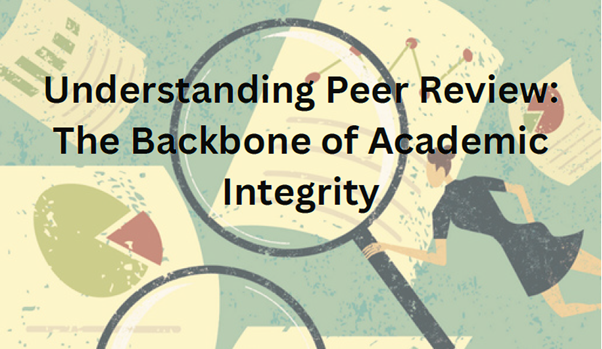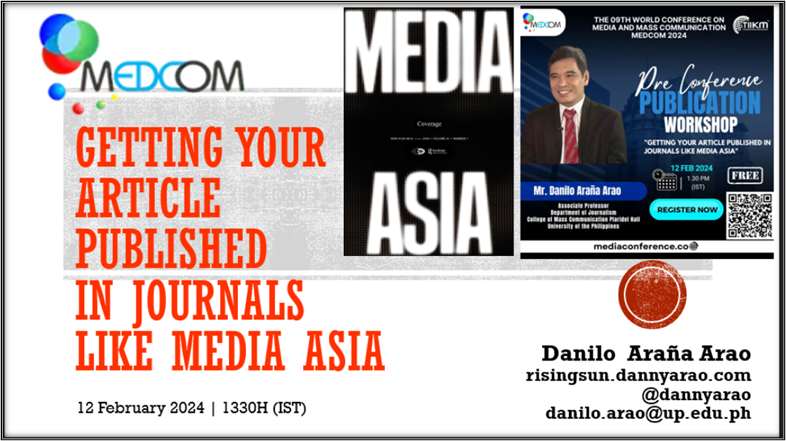Understanding Peer Review: The Backbone of Academic Integrity

In the realm of academic research and publication, one term reigns supreme: peer review. It’s a process that underpins the credibility and reliability of scholarly work across virtually every field.
What is Peer Review?
At its core, peer review is a quality control process utilized by academic journals and conferences to ensure the validity, originality, and significance of research submissions before they are published or presented. When a researcher submits a manuscript or a paper to a journal or a conference, it undergoes scrutiny by a group of experts in the same field, known as peers or referees.
These peers, who are often researchers or academics themselves, evaluate the submission based on various criteria such as the methodology, relevance, coherence, and ethical considerations. They provide feedback, critique, and recommendations to the authors, helping to improve the quality of the work.
The Importance of Peer Review
Quality Assurance: Peer review acts as a gatekeeper, ensuring that only high-quality research with sound methodology and rigorous analysis gets published.
Validation and Verification: Peer review serves as a means of validation for researchers. Having their work accepted through this process signifies that it has been deemed worthy of contribution to the existing body of knowledge in the field.
Identifying Errors and Improvements: Peers often catch errors, inconsistencies, or weaknesses in the submitted work that the authors may have overlooked. This feedback loop not only helps in correcting mistakes but also in refining the research methodology and strengthening the argumentation, ultimately leading to better quality publications.
Fostering Collaboration and Community: Peer review encourages collaboration and dialogue within academic communities. It allows researchers to engage with one another’s work, share insights, and build upon existing knowledge. Through this exchange of ideas and feedback, the collective understanding of a subject area is enriched, driving innovation and advancement in the field.
Ensuring Ethical Standards: Peer review helps to uphold ethical standards in research and publication. Reviewers are tasked with identifying any instances of plagiarism, data fabrication, or other forms of misconduct, thus safeguarding the integrity of the academic discourse.
Types of Peer Review
Single-blind review: Reviewers know the identity of the authors, but authors are unaware of the reviewers’ identities.
Double-blind review: Both authors and reviewers are anonymous to each other, minimizing bias.
Open review: Reviewers’ identities are disclosed to the authors, promoting transparency and accountability.
Post-publication review: Reviews are conducted after the work has been published, allowing for ongoing assessment and discussion.
In essence, peer review is the cornerstone of academic integrity, ensuring that scholarly work meets the highest standards of quality, credibility, and ethical conduct. It is a collaborative process that benefits not only individual researchers but the entire academic community and society at large by advancing knowledge, fostering innovation, and upholding the principles of truth and rigour. As we navigate the ever-expanding landscape of academic research, peer review remains an indispensable tool for separating signal from noise and advancing human understanding.
Subscribe Us
Join the mailing list to receive all updates and news from TIIKM Publishing
Copyright © 2022 TIIKM Publishing, All Rights Reserved. | Designed by TIIKM – IT Team








